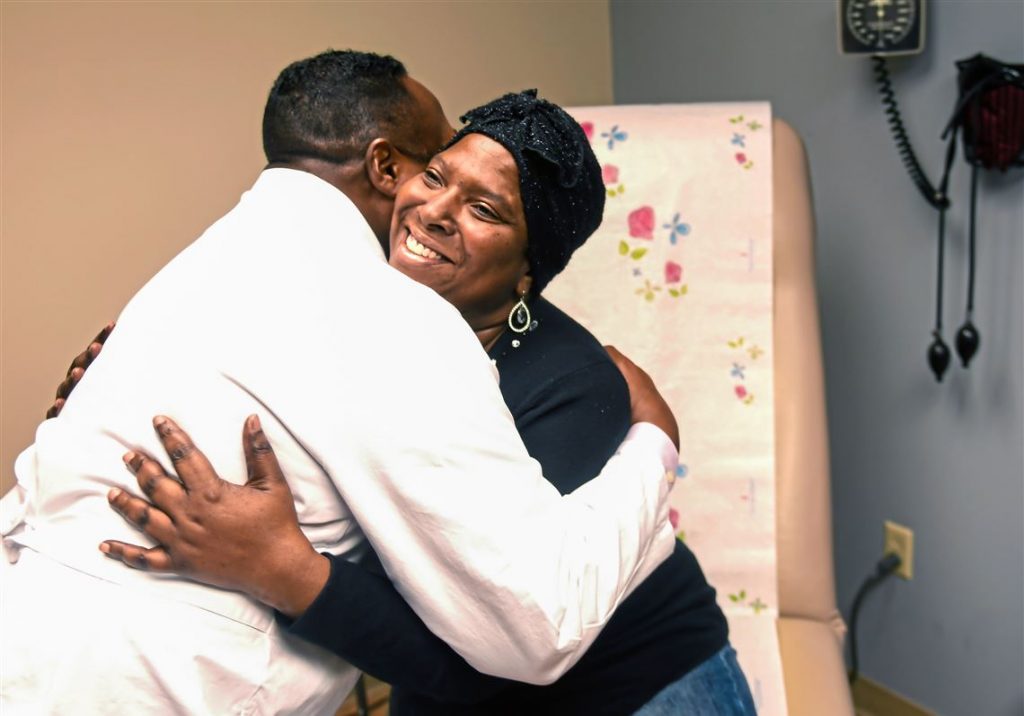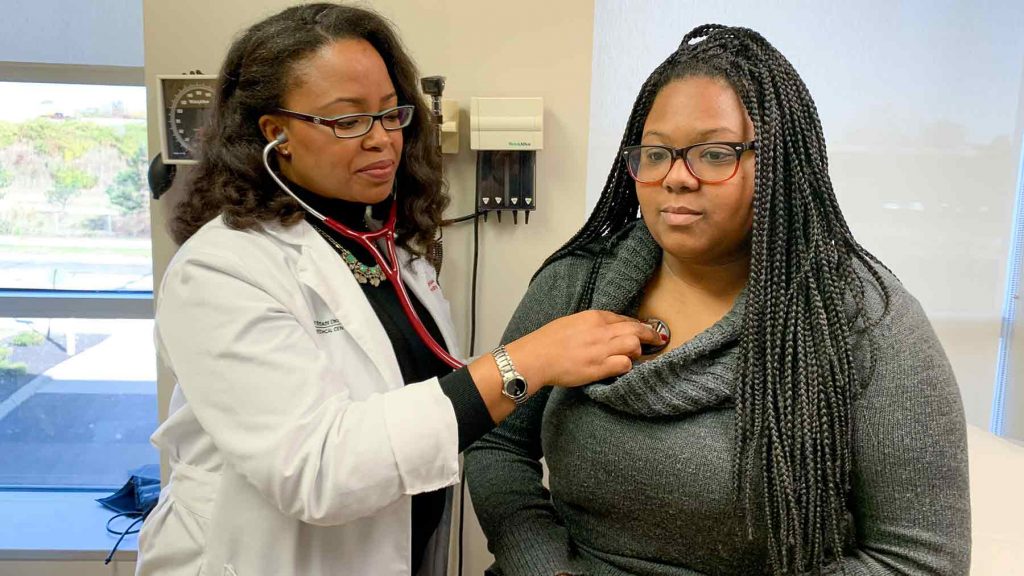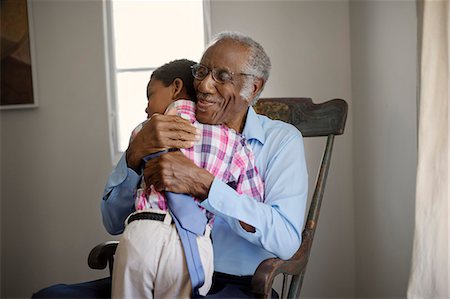African Americans are at higher risk for pancreatic cancer and with worse outcomes - considerations
extended version
Statistics
The incidence of African Americans who get pancreatic cancer is 50-90% higher than the general population in the United States. Studies have shown that African Americans are more likely than any other race to get pancreatic cancer. They are also twice as likely to be diagnosed with late-stage pancreatic cancer.
There are also differences in the treatment of pancreatic cancer in African Americans. Research has shown that even when pancreatic cancer is found early, African American patients are the least likely to receive surgery, the single potentially curative treatment modality.
African American patients are also less likely to receive chemotherapy, as well as palliative (supportive) care, which includes pain control. At every disease stage, African Americans demonstrate poorer outcomes including increased mortality rates from pancreatic cancer.
Possible Explanations
Currently, there is not a clear understanding as to why rates of pancreatic cancer are higher for African Americans. While earlier studies pointed to risk factors like cigarette smoking, long-term diabetes and alcohol use as part of the reason for higher rates of pancreatic cancer, a study in 2013 tended to refute this.
Research has suggested that socioeconomic and environmental factors might be part of the reason for the higher rates, but these factors alone have not been able to explain the increased incidence.
Some studies have hypothesized that African Americans may be more likely to get pancreatic cancer because of factors like family history, increased pancreatitis, diet, and obesity. Also, African American families appear to have an increased rate of the K-RAS hereditary mutation that is associated with pancreatic cancer.
However, for now these are but intriguing theories. At present, the full reason for the increased incidence continues to remain elusive.
One reason why African Americans receive less surgery may be that patients without insurance (are who are under-insured) are not recommended for surgery as often. They also tend to be treated in less sophisticated medical facilities and by providers who have less experience with pancreatic cancer.
This also offers possible reasons for more advanced stage at cancer diagnosis, as well as increased mortality rates. Finally, there may be justifiable historical and personal issues of mistrust by African Americans of suggestions or presented options by medical providers.
Practical Steps and Special Issues
Despite these risk issues, there are actions that can be taken to help ensure that African American patients receive proper and high-quality care. Being an active participant and talking to doctors about treatment options is important for all patients, but may be especially critical for African American patients.
By becoming informed about pancreatic cancer and asking specific questions about treatment, patients are more likely to receive personalized and appropriate care.
Another factor is seeking out oncologists (cancer doctors) from high quality hospitals and organizations. Researching and comparing the quality of the facilities in your area can be an important step to better care.
The oncologists at these locations may have the ability to craft a detailed and individualized plan for the most appropriate current treatment options, and might have better access to high quality facilities. They may also know about promising clinical trials that could help certain patients.
One of the most important steps that can be taken by African American patients is to seriously consider surgery if it is offered. While surgery is not feasible in every case, it is one of the only potential ways to cure pancreatic cancer. If surgery is a possibility, it should be strongly considered as a treatment option.
Palliative (or supportive) care is an important aspect of treatment for pancreatic cancer. While supportive care does not directly treat cancer, it allows patients to be more comfortable and symptom free while undergoing treatment. It is heartbreaking that African Americans have lower rates of receiving palliative care.
This should be made available to all patients. If you have pancreatic cancer and have not been offered options for supportive care, speak to your healthcare team. It is important that all patients have access to resources that may lessen their symptoms and allow them to manage their cancer with greater ease. This importantly includes good pain relief.
Extended Version
Categories






Written by: Jasmine Mitchell, University of California Santa Barbara
Edited by: Dale O’Brien, MD, Cancer Patients Alliance
Formatting and content by: Raewyn O’Haire, AB, Cancer Patients Alliance
Consultant: Neil Atam, University of California Santa Barbara
Top Reference
Pancreatic resection: a key component to reducing racial disparities in pancreatic adenocarcinoma
Click Here
Click Here for the ACS Journal article